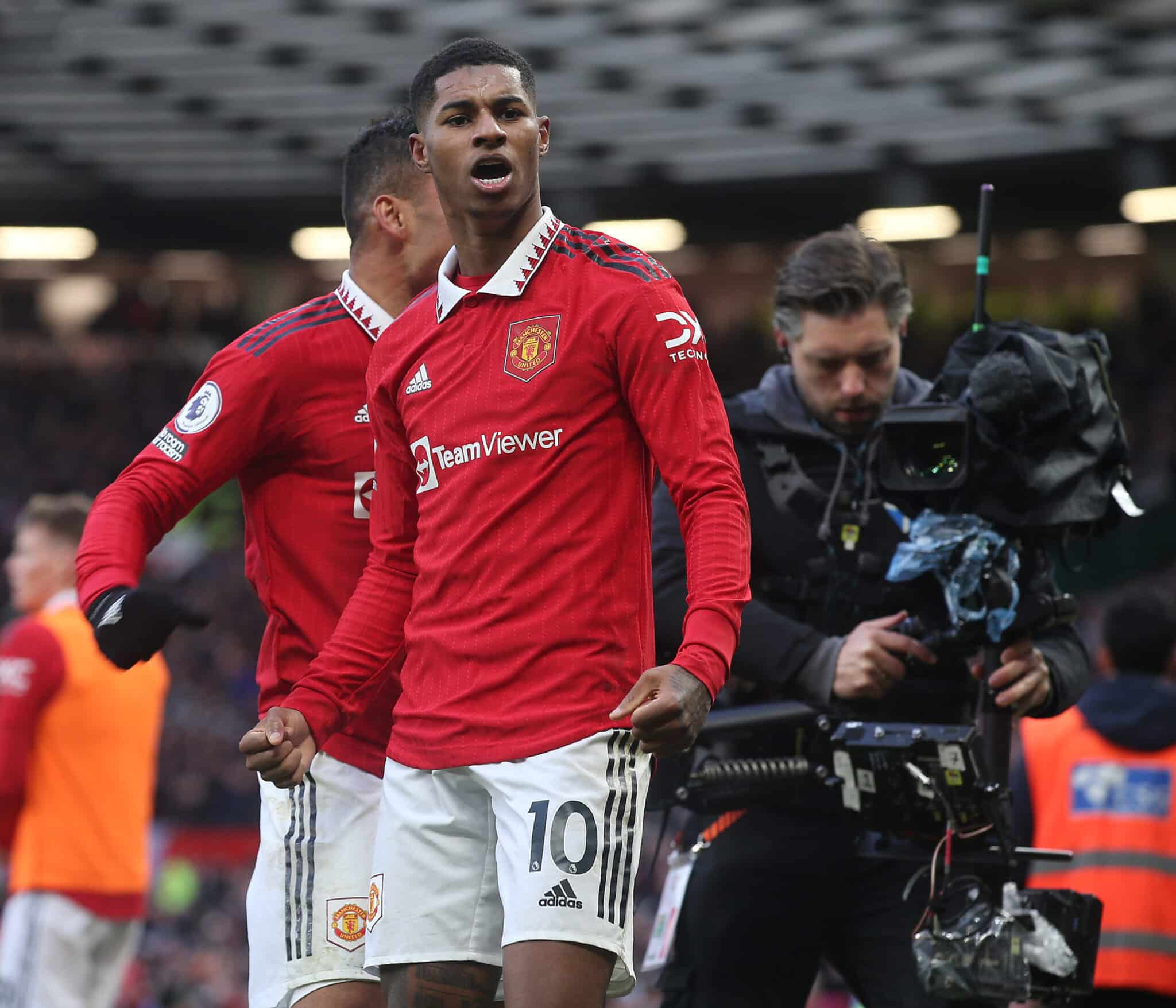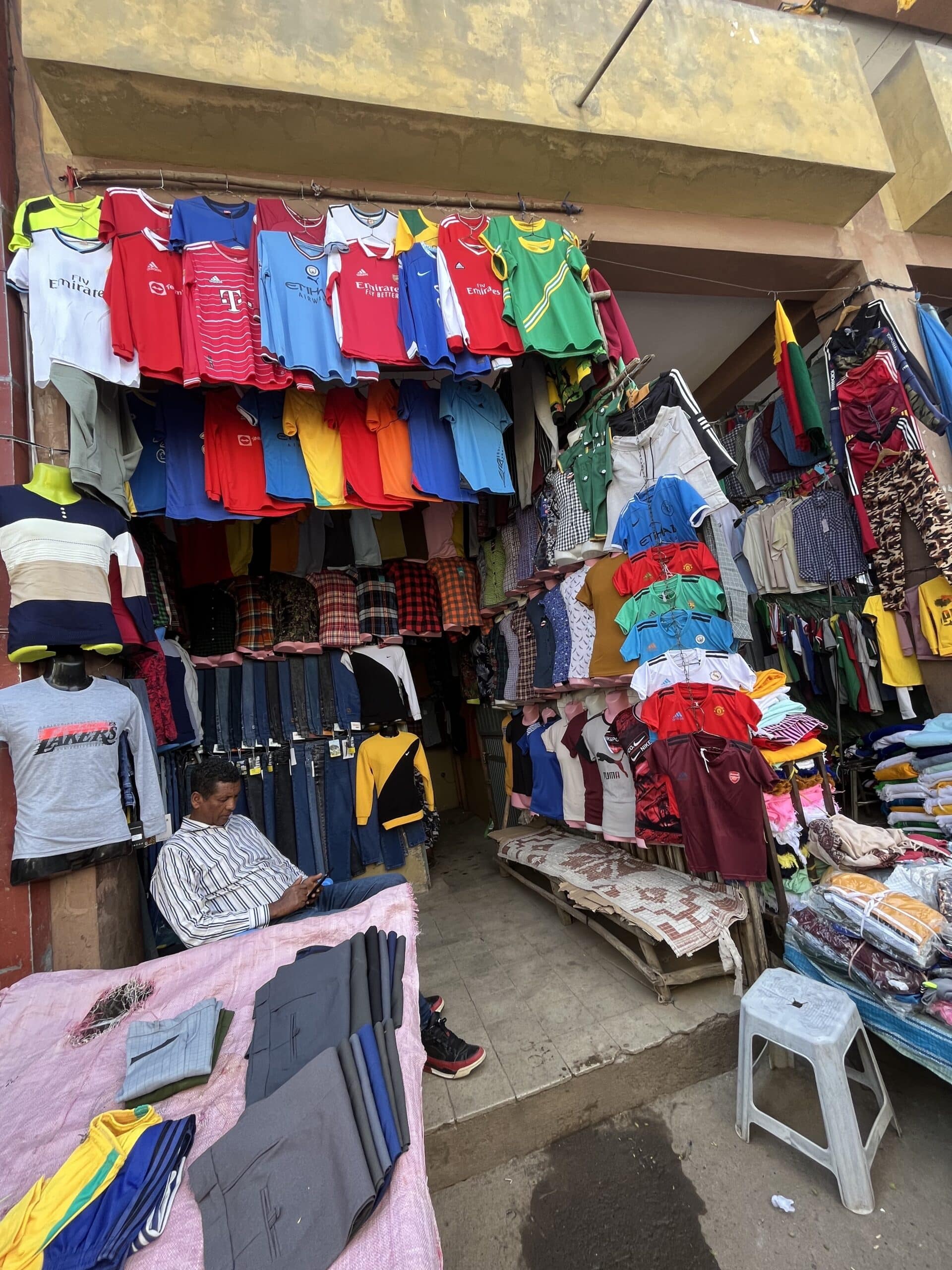
On the 18th of April 2021, the plans for the European Super League were revealed, which included England’s renowned ‘Big Six’ clubs and six other elite European clubs. The ESL would have seen the establishment of a closed-off league with limited scope for promotion or relegation and almost exclusive access to the world’s top players. These plans failed – crumbling to a furious rebellion by fans, politicians and many of the clubs left in the cold.
All major football leagues were affected financially by Covid-19. The rationale for joining the ESL was to raise revenue and create a financially stable model in which money would trickle down to the lower leagues. Recently, plans have resurfaced for a reformed version of the Super League, with a greater number of teams and a more competitive model. Yet the truth is that the Premier League doesn’t need this. If anything, the Premier League already is the real Super League.

Financially, the Premier League blows all other leagues out of the water. Football Benchmark reports that the PL generates an aggregate annual revenue exceeding £4.3 billion, which is significantly higher than the German Bundesliga’s £2.7 billion. Additionally, English football dominates the list of the world’s most valuable football clubs, with six of the top 11 and eight of the top 20 hailing from the Premier League.
In true Todd Boehly fashion, in the January transfer window, Chelsea spent a small country’s defence budget on just their own defence. Astoundingly, in January they spent £100m more than all of the other big four leagues combined. The financial muscle of the Premier League is so significant that joining a Super League would only put foreign clubs on a level playing field.
The latest three-year TV rights deal means that the Premier League will generate more revenue from international markets than from within the UK, as its overseas rights will be approximately £5.3bn. The Premier League is now so international that there are more Malian players in the league (5) than in countries that don’t hold television rights to show the football. Mali has never even qualified for the World Cup.
Culturally, the Premier League is far more relevant than its European counterparts. The Premier League is an entirely globalized phenomenon. I never truly realized how international it was until my recent trip to Ethiopia. I saw more Wolverhampton Wanderers shirts than PSG shirts. More Daniel James shirts than Karim Benzema’s. More tuk-tuks with Firmino’s pearly white teeth adorned on the back than signs of Lewandowski. Even in rural Gondar, where clean water is scarce and infrastructure is outdated, I didn’t have to walk far to find a poster of a celebrating Bruno Fernandes draped over a local bar.

It’s the globe’s unifier. The most beautiful thing about the Premier League is that it transcends social class, religion, creed, and colour. It’s entirely unique in that regard. When in Gondar, Ethiopia, my Liverpool-supporting tour guide was keen to share his views on Jurgen Klopp deserving the sack should The Reds lose that night’s, Merseyside Derby. Thankfully for Jurgen, Liverpool comfortably saw off Everton.
One of my fondest memories of that trip stemmed from the Leeds vs. Manchester United match the previous day. Marcus Rashford, (who else?), scored to put United ahead which sent me and the Ethiopian man sat opposite into euphoria. We didn’t know each other’s names or each other’s stories, yet together we shared a few moments of unadulterated joy. We didn’t share a language, but more pertinently, we shared a love for Manchester United which bonded us.
Taking all this into account, why would the Premier League try to reinvent itself? The Premier League is a well-established, successful football league that has stood the test of time. It has a global appeal, and a strong financial model and provides opportunities for smaller teams to compete at the highest level. The European Super League would undermine these qualities and ultimately prove unnecessary. The Premier League doesn’t need the European Super League to thrive. The Premier League is the real Super League.
By Nicky Helfgott




Beautifully Ariticulated. I grew up in Uganda and we used to watch football made in Germany but the premier league has taken over the country by storm.
The fact that the premier league transcends color, race, religion in all corners of my beautiful country is testimony that it’s indeed the super league.